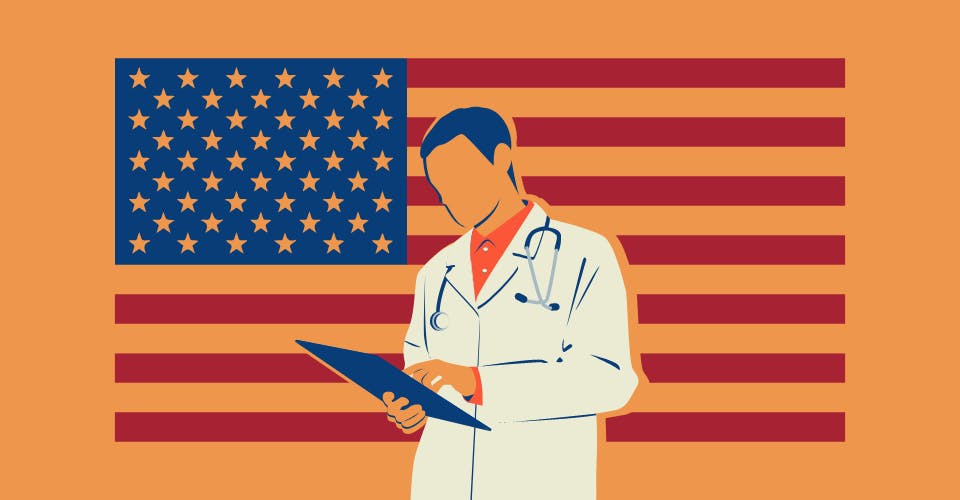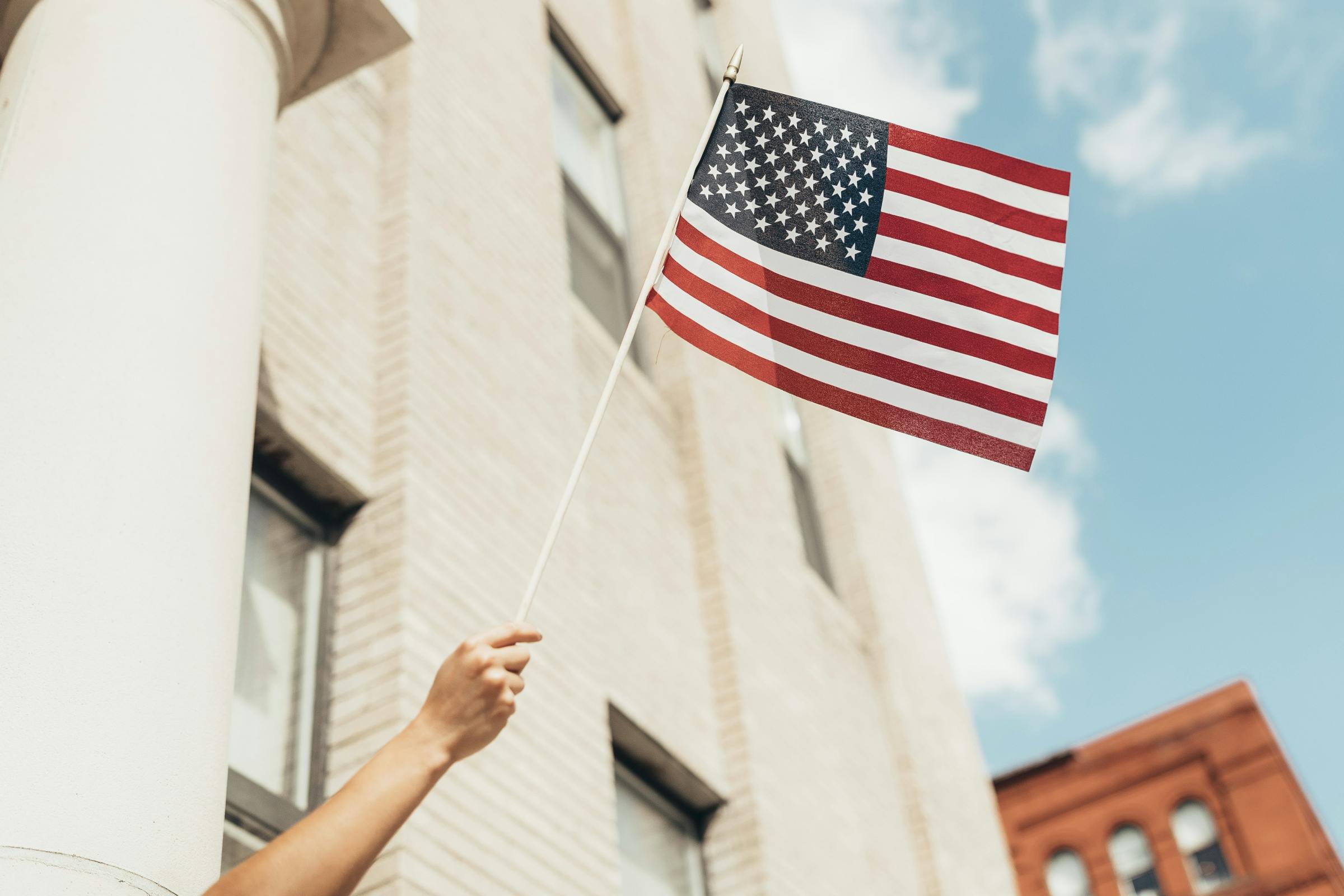The national interest waiver (NIW) can be applied for by foreign doctors who wish to come to the United States and practice medicine. Often, the incentive for foreign born doctors is to eventually pursue a green card and also to start a new life in the United States. For example, green cards will be issued to physicians who spent the entire five years in the U.S., paying their taxes each year, and otherwise remain admissible to the United States upon completion of their I-485 applications.
Such physicians see the NIW in this category as an opportunity, and also one that might involve significantly less processing time than being stuck in a family based immigration category that would take years to receive visa availability. Thus the NIW physician remains a popular application. However at the same time, it should be known that being a physician in the U.S. under a NIW contract (meaning the physician will have to work in a medically underserved area) comes with many trade-offs that probably aren’t apparent when one is filling out the application.
Understanding the Medically Underserved Communities
Physicians in the U.S. today tend to flock to places where they can have a work-life balance, according to Kirk Siegler, an NPR correspondent (NPR, 2019). It means that some areas in the U.S., take Nebraska for example, where it is mostly a very rural state, don’t have enough doctors for their population and for communities who are far away from major urban centers. This is in part because new physicians want to be in places with more opportunities, and they want to be able to meet other like-minded people. The result is that often physicians flock to bigger metropolitan areas, while other areas become critically underserved. NIW physician applicants need to be aware of this. And they need to understand the community dynamic at play.
They need to be willing to work in rural areas, where it is more common for people to forgo treatment for a long time, and then come in for an appointment with a list of ailments. This changes the nature of being a physician, because appointments need to be longer to actually diagnose someone or get them on the right medications. It also increases working times with rural doctors in underserved areas reporting lots of overtime.
The burnout rate in medically underserved areas is also much higher. Instead of wealthy patients in suburban towns who might visit their doctor with a highly predictable problem, some communities have tried to find their own ways of dealing with health problems for years due to many factors, and then decide to come into a medically underserved health center with a complication of issues. Overall, NIW physicians should be ready for small communities, and willing to become involved with the people who live there.
Retaining Talent
The issue is really part of a growing rural-urban divide in the United States in particular, with U.S. born physicians wanting to work in affluent areas, which usually means cities and suburbs where they will have a more predictable work-load. In addition, it is has been the norm in America to want to raise a family in suburban neighborhoods, instead of moving to rural areas. Physician NIW applicants need to be aware of the possibly isolating conditions of their assignment if they are not working at a VA office. Working in rural areas is not for everyone, and although it is a slow and steady process to being eligible for a green card, some might fare better than others.
This is the reason why it is so difficult to retain talent in rural areas. Recent medical school graduates, most of them, even if they have worked in a rural location, eventually want to migrate to bigger cities for more career options within a few years.
This problem might also affect NIW physicians who would like to be in more populated areas for the purpose of finding a partner. If an immigrant marries a U.S. citizen or legal resident, they can shave two years off of the time they need to be eligible to file an I-485 application. Overall, being a physician in an MUA is much harder than it sounds in the application phase. The physician will have to overcome many challenges of working in a MUA while completing a full five years if they remain single. These are some considerations to think about for those interested in this immigration application.














